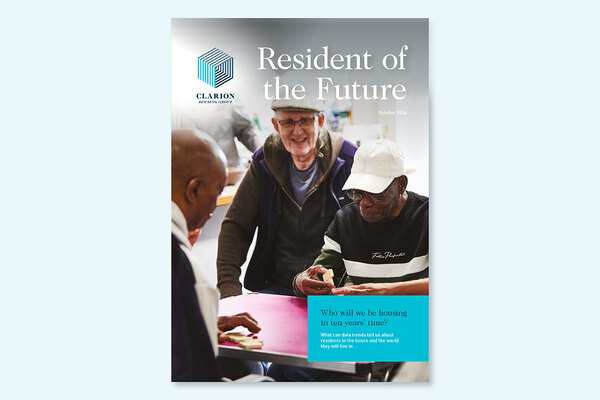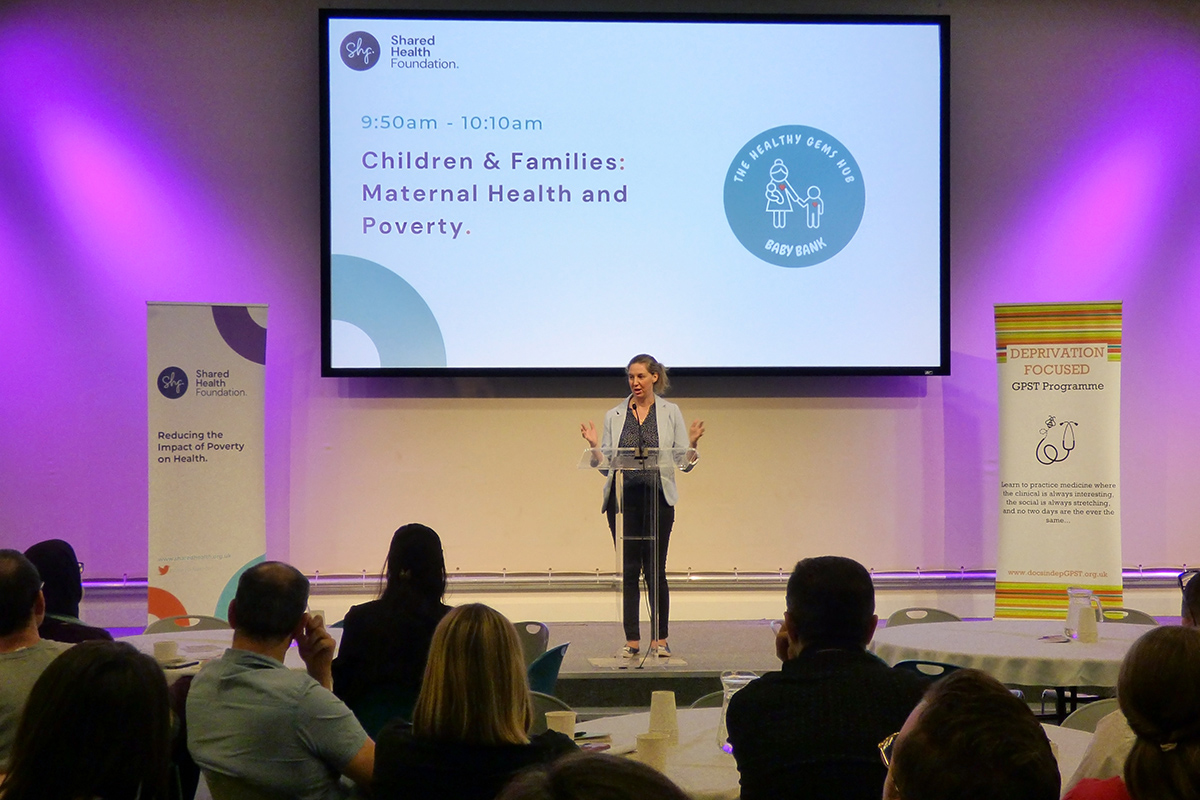You are viewing 1 of your 1 free articles
Accepting the winding road
The quick fix approach when it comes to getting tenants’ employment has to stop, says Sarah Mbatha
Someone once said to me that they thought housing association employment services creamed off the easiest people to get into employment and left all the ‘hard ones’ for the work programme.
I think opinions like this can be divisive and stop employment professionals sharing best practice for the benefit of job seekers. Instead the game is played on a national scale of who can do the job cheaper and in less time. This has to stop, as jobs seekers are the ones suffering from a quick fix approach.
Being in work matters, it changes the lives of the whole family. So when life has taken a turn which makes it more difficult to get a job, it’s easy to give up and think the mountain is just too big to climb.
Two years ago Family Mosaic set a target to get 1,000 people into work. We don’t cut corners, the customer chooses the job they want and we employ individuals who are passionate about supporting people – no matter what sort of personal mountains they need to climb. In the last two years we’ve got one person into work every day of the week and helped 850 hold their heads up high. People leaving behind rough sleeping, homeless families, people with mental health difficulties, teenage parents and care leavers.
Often the support that can be provided is focussed on the here and now; sorting out a benefit problem or managing debt. We try to help more people to dream, to have aspirations and goals in life, above and beyond the immediate problems at hand. We identified that support workers are often best placed to help clients into work. What they lacked was the training and resources. So we trained our support workers to use a pre-employment framework that can help people get over multiple barriers and becomes part of their overall support plan. We have interwoven employment support with our care and support services.
For some, this is a starting place that can in time lead to our trainee support worker programme. As ‘experts by experience’, having once received a support service themselves, they are in a great place to be able to support and inspire customers of their own. For support workers it’s a great boost to be able to help broaden horizons and do more than battle the benefits system on behalf of their customers. For 152 care and support customers so far, this model has been enough to get them into work.
Having a job makes us more fulfilled in many ways - we all know the evidence about improved health, confidence and a sense of purpose. But it can be a long road to a paid job and accepting that sometimes it can also be a very winding road, is part of the challenge of supporting vulnerable people into employment. You can’t start the clock at session one and decide this will only take three twenty minute support sessions. Employment support needs to be available at the time it’s wanted, rather than the time when your name reaches the top of a list. If you’ve not worked for a while, it’s a leap that many are genuinely afraid to take, leaving behind the safety net of what you know.
Housing associations have been supporting people overcome some of life’s biggest barriers for years. We know how to build and nurture lasting relationships and we know how to support people into sustained employment.
Sarah Mbatha is a regional director for Family Mosaic.
She will be hosting a session, supporting our most vulnerable into employment, in the health and housing hub at the CIH Housing 2014 conference on Wednesday. To read all our coverage from the conference click here.








